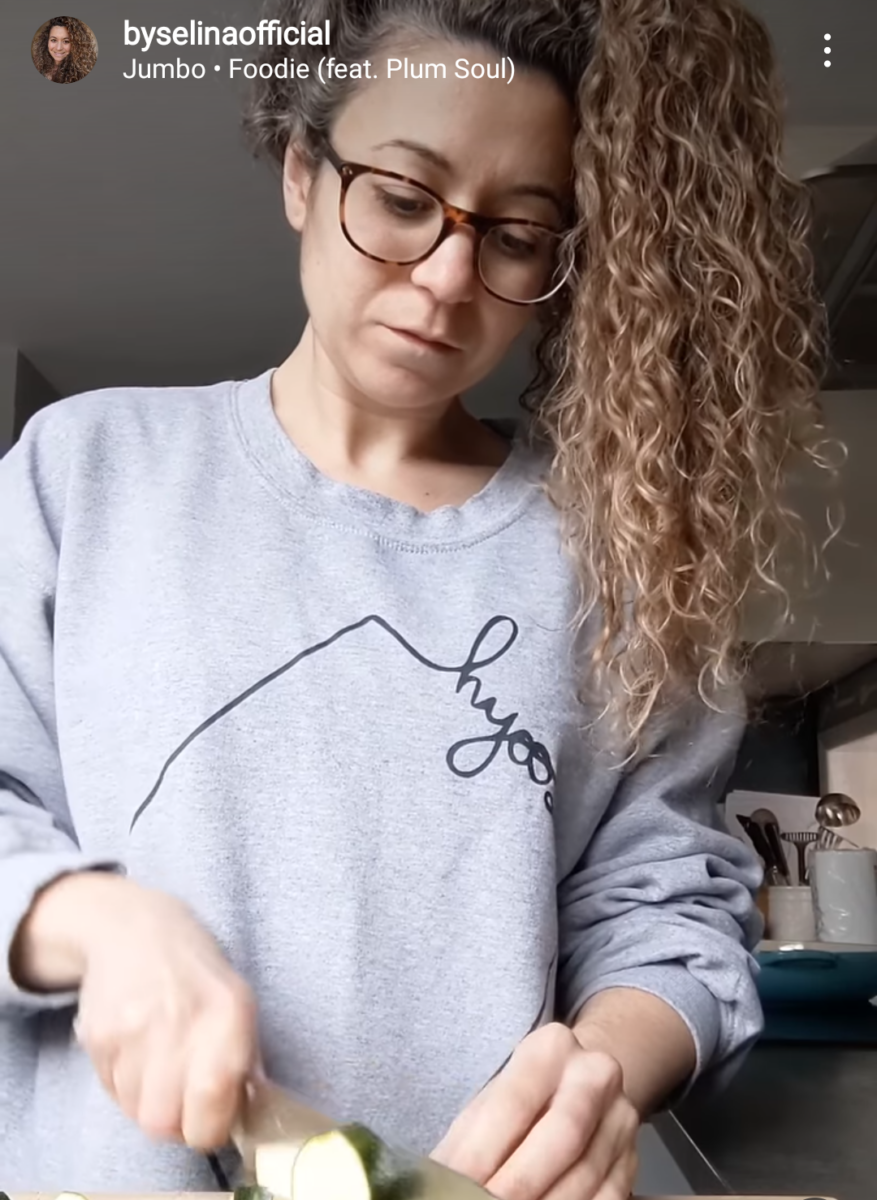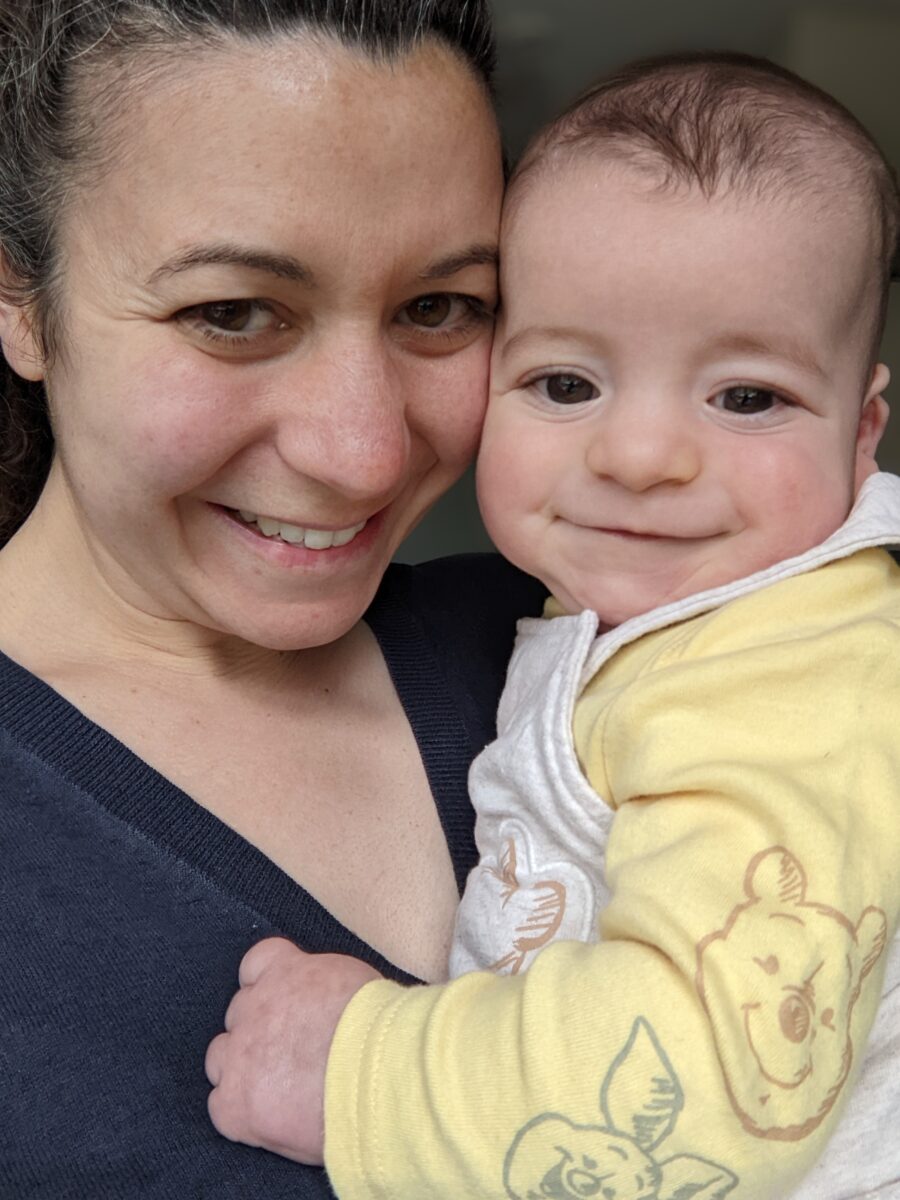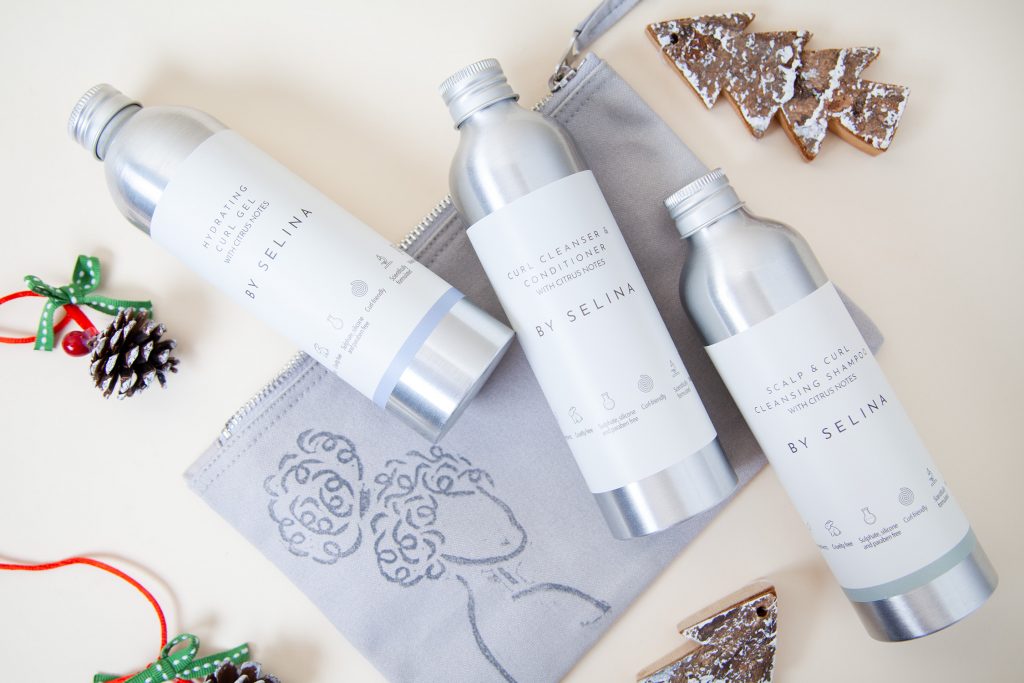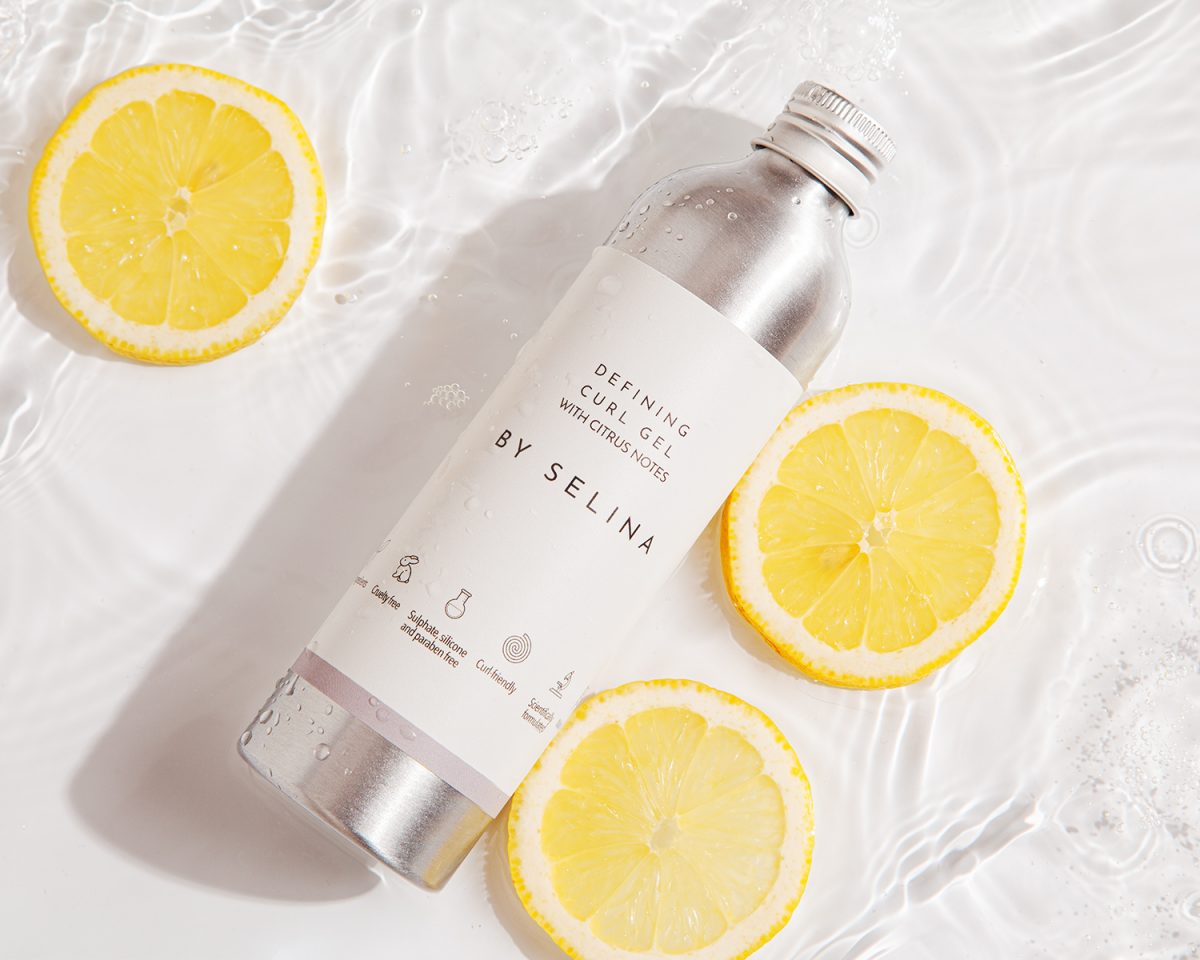Unless you have been hiding under a rock I am certain you will be familiar with the plastic pollution that is filling our oceans. Documentaries such as Our Planet by Sir David Attenborough have brought to our attention the devastating impact we are having on the world due to our over use of plastic.
Plastic is a wonderful material that is versatile, lightweight and cheap. However, in my opinion plastic should not be used to package everyday items such as cosmetics, especially when there are readily available and suitable alternatives. Plastic should be saved for applications where it is necessary. For example, in a hospital setting where durable, easy to clean or sterile products are required.
When comparing BY SELINA products to other curly hair products on the market one of the main differences you will notice is our packaging. We package in aluminium that is 100% recyclable as opposed to plastic or glass. When deciding on our packaging various factors were considered before making a final decision on our packaging. Factors considered included: the environmental impact caused from manufacturing the packaging material, the carbon footprint involved in transporting the finished product, the feasibility of the packaging in terms of its day to day use and how easy it would be for customers to recycle the packaging.
After careful consideration all of the above topics, aluminium was chosen as the best option for our curly hair products. The below information details the pros and cons of aluminium, glass and plastic to demonstrate to you why aluminium is our preferred choice.
Obtaining the material:
Plastic:
Plastic is made from oil and natural gas which is harvested deep within the earth’s crust. Therefore, in order to extract these resources drilling and fracking is required. These invasive methods can often disrupt habitats and leave a scar on the earth.
Glass:
Glass is made from liquified sodium carbonate, sand and limestone. To obtain some of these resources quarrying is required and similarly to plastic often disrupts habitats and leaves a scar on the earth’s surface.
Aluminium:
Aluminium is made from bauxite which requires mining. This method too can also disrupt habitats and contaminate water.
Transportation:
Plastic:
Plastic is extremely lightweight, it is not fragile and can be packed in tightly. Therefore, in comparison to glass it has a very low carbon footprint in terms of transportation.
Glass:
Unlike plastic and aluminium glass is very heavy, it therefore requires more fuel for transportation and thereby increasing its carbon footprint. In addition, glass is very fragile so cannot be packed tightly during transportation and often requires additional packaging so that it is protected during transport. Therefore, unlike plastic and aluminium glass has a very high carbon footprint in terms of transportation.
Aluminium
Similarly to plastic, aluminium is extremely lightweight, it is not fragile and can be packed in tightly during transport. Therefore, aluminium has a very low carbon footprint when being transported. It also does not require extra packaging when it is being transported as it is a fairly durable material.
Feasibility
Plastic:
Plastic is waterproof and fairly resistant product making it a good choice for use in a bathroom. Unlike glass it does not pose a safety risk in terms of smashing in a shower or bath.
Glass:
Glass is an extremely fragile material which did not make it a good choice for use in a bathroom setting especially when packaging slippery products such as conditioner. Glass posed too much of a safety risk in terms of smashing in a shower or glass to be a reliable choice for us.
Aluminium:
Aluminium is similar to plastic in that it is waterproof and fairly resistant to breakage making it a good choice for us to be used in a bathroom setting.
Recycling:
Plastic:
Although recycled plastic was an option for us the fact that plastic can take up to 500 years to decompose and cannot always be recycled repeatedly coupled with the amount of plastic waste in our oceans meant that even recycled plastic was not a great option for us.
Glass:
Glass is 100% recyclable and is great in terms of recycled glass as it requires less heating to be melted back down and re-used.
Aluminium:
Similarly to glass aluminium is 100% recyclable and can be recycled numerous of times with no limit of the number of times the aluminium can be recycled.
Conclusion:
All three materials can lead to loss of habitats when obtaining the raw materials required for each product. However, if aluminium is recycled we do not need to keep extracting the raw material, so please ensure you either reuse or recycle your BY SELINA aluminium packaging. In terms of transportation plastic and aluminium were the winners here as glass is heavy and fragile requiring more fuel for transportation and packaging for protection of the product. When looking at feasibility again plastic and aluminium were the overall winners when compared to glass due to the safety issue with using glass in a shower. When it comes to recycling, glass and aluminium are the overall winners. These products do not take over 500 years to decompose like plastic and both plastic and aluminium can be recycled serval times.
Therefore, when considering all of the above factors, aluminium was the clear winner and the material of choice for packaging our curly hair products.





